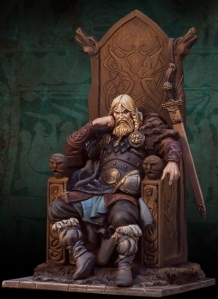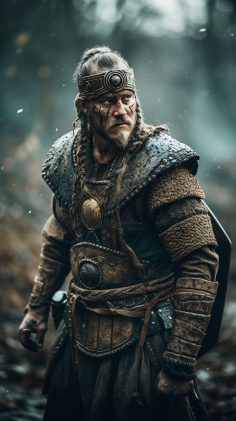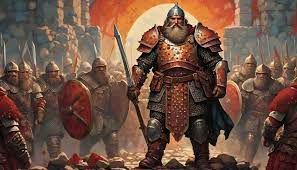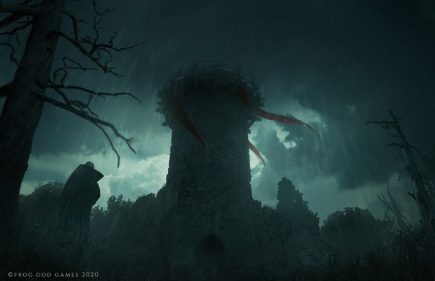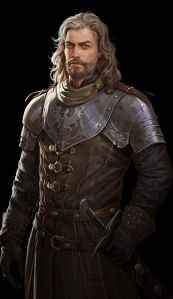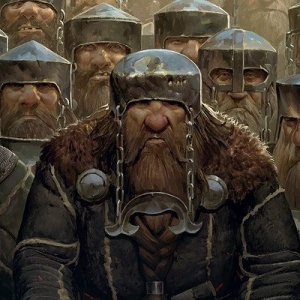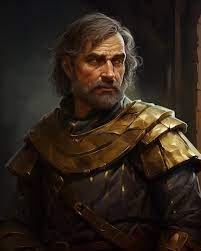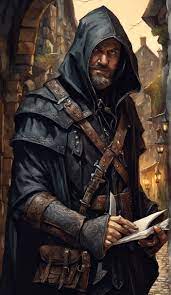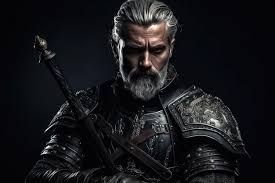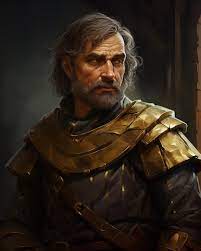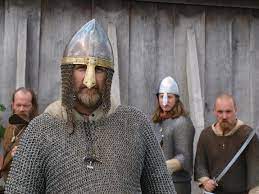Alfred sent out the word on April fifteenth to raise the army, what Elgar called tax day. The word was to gather at Egbert’s stone on May the first, or as Elgar yelled, “May day! May day!” Men came from all over Somerset, the largest army Somerset ever raised. Osfirth brought a thousand men from Devon alone. A large contingent came from inland Dorset, especially around Sherborne. Dorset and Hampshire did not strip their coastal defense, but the men from Hampshire, and Wiltshire for that matter were angered by the raids, and some in Wiltshire were doubly angry for being under Danish occupation.
Guthrum pulled his men in from Bath, Chisbury and the Malmesbury-Braydon area around Chippenham. He left his men in Wallingford and Oxford thinking to distract any army coming from further afield. Alfred, however, did not pick up many men came from eastern Berkshire, eastern Hampshire, Surrey, Kent, or Sussex, but in truth he did not need those men. With just the men who gathered between May first and fourth, Alfred’s men outnumbered the Danes three to two.
Alfred waited to make sure Guthrum came fully out into the field before he moved on the tenth. They met at Eddington where Elgar’s nephew Ian held the field with three hundred men on horseback. When the two great armies actually met, it was no contest. The Saxons routed the Danes at every turn. In the end, Guthrum had to take his decimated army back to Chippenham where Alfred followed and laid a near perfect siege.
Over the next two weeks, the eastern army out of eastern Berkshire, Surrey, Sussex, and Kent drove the Danes from Wallingford. The Danes in Oxford planned to fight until they saw the size of the opposing force. They agreed to peacefully abandon Oxford and return to London on Akeman Street and Watling Street so as not to disturb Berkshire and to stay away from Surrey. After those two weeks, when the eastern army showed up at Chippenham, Guthrum surrendered. Chippenham might have held out against the West Saxons for a couple of months, but Guthrum knew Alfred could just wait them out. Better to talk.
When Alfred, his ealdormen, and Elgar, Osfirth, and Gwyn representing the old men entered the room with Guthrum and his commanders, Alfred would only accept unconditional surrender.
 “You think I am trapped here between my men and your men?” Guthrum growled. “You have no idea how trapped I am.” He took another chair and slammed it against the wall and broke it. “I am trapped between Heaven and Hell.” He unbuckled his sword and threw it after the chair before he fell to his knees and wept.
“You think I am trapped here between my men and your men?” Guthrum growled. “You have no idea how trapped I am.” He took another chair and slammed it against the wall and broke it. “I am trapped between Heaven and Hell.” He unbuckled his sword and threw it after the chair before he fell to his knees and wept.
Elgar nudged Alfred, and Alfred got down beside the man and hugged him, which made him weep even harder. Elgar whispered to Osfirth and Gwyn, “Well, my work here is done.”
In good old man fashion, Gwyn responded, “What?”
~~~*~~~
Elgar helped Alfred pick out the locations for his thirty-three forts or Burghs that would defend Wessex against Mercian Danes or further intrusions. He helped Alfred design and build a fleet which could finally defend the coast of Wessex. Then he retired to his son’s house.
Alfred claimed Athelney Fort as an important place for the remembrance of the people of Wessex. It was from Athelney that Wessex, and maybe all of England was saved. And also, Alfred said, “Just in case.”
Eanwulf’s eldest son served Alfred faithfully as ealdorman of Somerset. The younger son got Watchet and took Elgar’s duty of the coastal watch. Elgar’s son finally got the house in Wedmore, so Elgar ended up living where Alfpryd did not want to go. Sadly, Alfpryd died several years earlier, but all their daughters made good marriages, so there was that. Elgar’s daughter-in-law treated him like a dottering old fool. Elgar did not mind, though, he liked being pampered.
In his last year, Elgar had two visitors of note. The first was Pinoak who caught him up on the doings. Pinoak’s mother May passed away and Pinoak cried a little when he said his father Pinewood, and his great friend Deerrunner would not live much longer.
“It’s okay,” Elgar said and hugged the fairy. “We are all passing away, but life goes on. You just need to step up to lead. Your sister Heath, and your friend Marsham have moved to Northumbria where they are trying to keep an eye on Abraxas, the scoundrel. If you would not mind helping Reed keep an eyes on Alfred, all will be well.”
“I pray for my mother. Is that the right word? I pray that the source may find her time on this earth acceptable in his sight.”
“I am sure he will,” Elgar said. “And I pray for my old friends Gwyn and Osfirth, both of whom passed away recently.”
“I understand the king of Cornwall is looking at Osfirth’s son and thinking about getting Devon back. Osfirth’s son and Alfred are looking at Cornwall and agreed that if the man wants to start something, they will finish it.” Pinoak smiled. “As you once said, they may chase the man all the way to Land’s End. Alfred is talking about taking the rest of Devon and setting the border at the Tamar River. He is also saying Cornwall should be a client state, and maybe doesn’t need a king. Maybe an ealdorman would be better.”
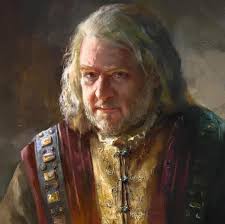 Elgar nodded. “That sounds about right.” He chuckled, but just a little.
Elgar nodded. “That sounds about right.” He chuckled, but just a little.
The other visitor came just a few days before Elgar finally passed away. It was Abraxas, and the first words out of his mouth was typical. “I am finally going to be rid of you.”
“Careful,” Elgar responded. “Don’t piss me off as long as I am alive, and I would not recommend it after I am gone, either.”
 Abraxas stared at the ground for a moment before he confessed. “I can finally do what is in my mind to do.”
Abraxas stared at the ground for a moment before he confessed. “I can finally do what is in my mind to do.”
“It better not be trying to disturb history.”
“Not fair. Only you know what the future says.”
“Yes, and by the way, I was not happy that you put the fear into the Danes at Eddington. Alfred had things well in hand and did not need your help. I did not say anything sooner because that was the way things were supposed to go, so you guessed right for once… Don’t do it again.”
Abraxas looked at the ground again and looked like a child scolded. He vanished. He came to gloat but it did not work out that way.
Elgar thought it only fair to send a message to the future. Whoever I am in my next life, man or woman, sorry about that. I did get rid of the Flesh Eaters, not that they won’t be back, but sorry about leaving you with Abraxas. Maybe you will be lucky and be born on the other side of the world.



